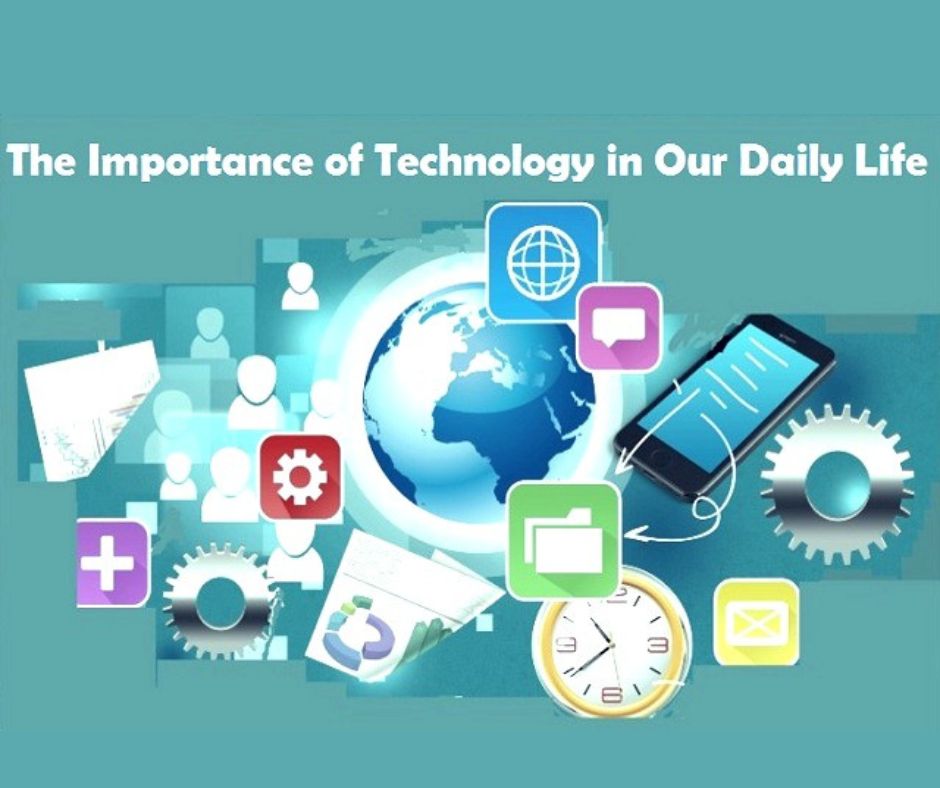
The digital age has ushered in a profound transformation in the way we acquire and share knowledge. With the advent of the internet and rapidly advancing technology, the boundaries of information accessibility and dissemination have expanded beyond imagination. In this blog post, we will explore how the digital age has revolutionized knowledge acquisition and sharing, reshaping the way we learn, work, and interact with the world.
The internet has evolved into an unprecedented knowledge repository, housing an unimaginable volume of information. With a simple search query, you can access a wealth of data, research papers, articles, and multimedia content on virtually any topic. This easy access to information has democratized knowledge, allowing individuals from all walks of life to educate themselves on a wide range of subjects.
The digital age has seen the proliferation of e-learning platforms and online courses. These platforms offer a diverse array of educational content, enabling learners to acquire new skills and knowledge at their own pace and convenience. From MOOCs (Massive Open Online Courses) to specialized tutorials on platforms like Udemy and Coursera, the digital landscape has transformed education into a borderless and accessible endeavor.
Online forums, discussion boards, and social media communities have created spaces for collaborative learning. Learners from around the world can engage in discussions, share insights, and exchange knowledge, fostering a global learning community. This collaborative approach to learning encourages diverse perspectives and a deeper understanding of complex subjects.
AI-powered algorithms have revolutionized the way we consume and personalize content. Streaming platforms like Netflix and YouTube use AI to recommend content based on our viewing habits, creating personalized learning pathways. In education, AI can analyze a student's learning style and pace, offering tailored resources and assignments to enhance comprehension.
AR and VR technologies are transforming education and training by creating immersive learning experiences. From medical simulations to historical recreations, these technologies allow learners to interact with content in ways that were once unimaginable. This engagement can significantly enhance knowledge retention and understanding.
The digital age has reshaped the workplace, making remote work more prevalent and feasible. Cloud computing, video conferencing, and project management tools have made it possible for teams to collaborate effectively regardless of their physical locations. This has not only transformed the way we work but also how knowledge is shared within organizations.
Big data and analytics tools have become indispensable in decision-making across various industries. Companies can collect, analyze, and interpret vast amounts of data to gain insights into consumer behavior, market trends, and operational efficiency. This data-driven approach has revolutionized business strategies and knowledge management.
While the digital age has brought numerous benefits, it also presents challenges in managing and discerning knowledge:
The sheer volume of information available on the internet can be overwhelming. It's essential to develop critical thinking skills and the ability to discern credible sources from misinformation.
Not everyone has equal access to the internet and digital resources. Bridging the digital divide is crucial to ensure that knowledge is accessible to all, regardless of socioeconomic background.
As we share more personal information online, concerns about privacy and data security have grown. It's essential to be vigilant and take measures to protect sensitive information.
To thrive in the digital age knowledge landscape, it's crucial to cultivate digital literacy:
Develop the ability to evaluate information critically. Check sources consider biases, and question assumptions.
Learn to organize and manage digital information efficiently. Use tools like bookmarking, note-taking apps, and cloud storage to stay organized.
Understand the basics of cybersecurity to protect your personal information online. Use strong passwords, be cautious when sharing personal data, and keep your software up-to-date.
Embrace the concept of lifelong learning. Stay curious and open to new technologies and tools as they emerge.
The digital age has undeniably transformed the acquisition and sharing of knowledge in profound ways. With the internet's vast knowledge repository and technological advancements like AI and AR/VR, learning has become more accessible, personalized, and collaborative than ever before. It has also revolutionized the way we work, manage data, and make decisions.
However, with these opportunities come challenges such as information overload, the digital divide, and concerns about privacy and security. Nurturing digital literacy and critical thinking skills is essential for navigating this new knowledge landscape effectively.
As we move forward in the digital age, embracing these changes and harnessing the power of technology and the internet for knowledge acquisition and sharing will be key to personal and professional success. The digital age has opened doors to endless possibilities, and how we choose to explore and leverage these opportunities will shape our future in a rapidly evolving world.
